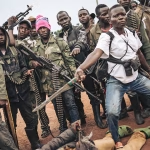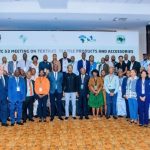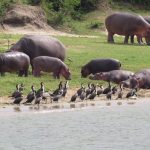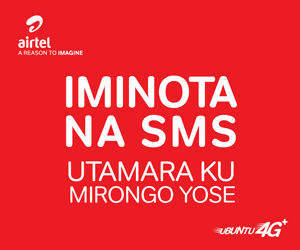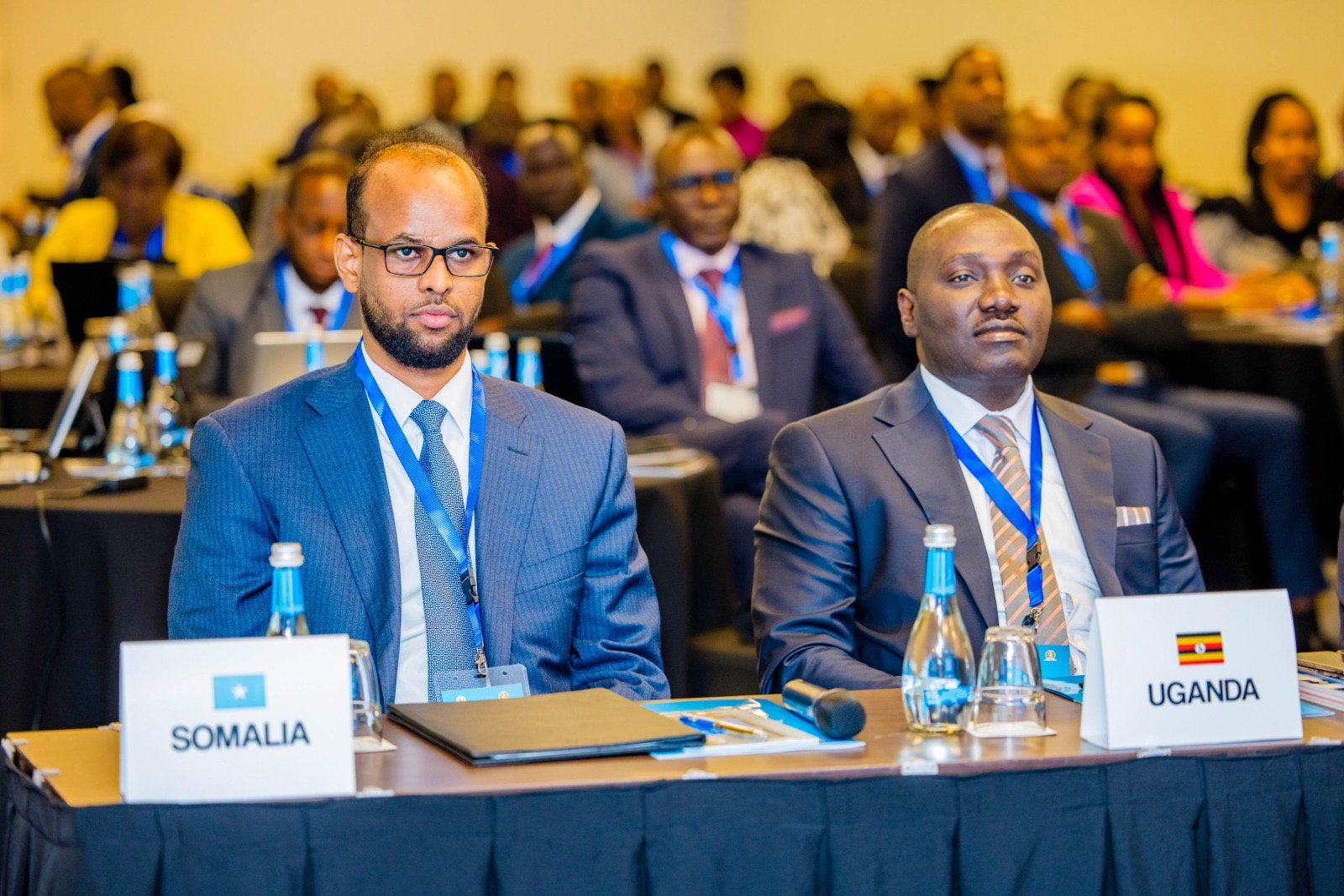Leaders of the Rwandan community in Sweden, Norway, Finland, Denmark, and Iceland have issued a strong appeal to their respective governments, urging them to adopt a principled, fact-driven approach to the ongoing crisis in the Democratic Republic of Congo (DRC). In a powerful statement, they warn against one-sided narratives that unfairly blame Rwanda while ignoring the deeper historical and regional complexities fueling the conflict.
The statement expresses concern that some Nordic officials have embraced misleading claims, including the notion that the M23 rebel group is composed of Rwandans who have invaded the DRC. Equally troubling, they say, is the tendency to downplay the threat posed by the Forces Démocratiques de Libération du Rwanda (FDLR), a UN-sanctioned militia composed of perpetrators of the 1994 Genocide against the Tutsi.
“The best way to contribute to a lasting solution is to break away from one-sided narratives and engage in fact-based diplomacy,” the community leaders state. “Responsible actors must be held accountable—not just those who are politically convenient to condemn.”
They emphasize that Rwanda and the Nordic nations share a strong partnership based on peacebuilding, good governance, and economic cooperation. Unlike former colonial powers, the Nordic countries have no historical grievances or economic entanglements in the region, positioning them as neutral actors capable of engaging with integrity.
However, they warn that this neutrality is being compromised by misinformation. Western media and political circles have, they argue, oversimplified the crisis in eastern DRC by portraying it as a Rwandan-backed rebellion, rather than acknowledging the failure of the Congolese government to honor peace agreements and protect the rights of Kinyarwanda-speaking Congolese, particularly the Tutsi community.
“The region is home to over 250 armed groups, yet the international narrative reduces the crisis to a simplistic claim: ‘Rwanda backs M23,’” the statement reads. “M23 is a Congolese movement with Congolese grievances. It emerged in response to state-sponsored persecution and the government’s failure to protect its own citizens.”
The leaders also express outrage over the international community’s silence in the face of ongoing massacres and ethnic cleansing of Congolese Tutsi.
“Hate speech, lynching, and even acts of cannibalism against Congolese Tutsi are openly shared on social media by DRC officials and militia leaders,” they note. “Yet, these crimes are met with silence from the same international actors who are quick to condemn Rwanda.”
Another major issue raised is the repeated allegations that Rwanda is exploiting minerals from the DRC—claims the Rwandan community dismisses as unfounded.
“The claim that Rwanda smuggles minerals from the DRC is not only false but deliberately misleading,” they argue. “Rwanda has its own thriving mining sector, which operates under strict international regulations and is audited by institutions such as the IMF and World Bank.”
The statement also highlights the hypocrisy in how the right to self-defense is applied in international diplomacy.
“Why is it that when Western countries, including the Nordics, take defensive measures in response to threats, they are deemed necessary and justified, yet when Rwanda acts to protect its own territory, it is met with condemnation?” they ask.
The leaders also call out the presence of European mercenaries fighting alongside Congolese forces and genocidal militias, warning that their involvement only deepens the crisis and perpetuates instability.
“The continued exploitation of Congo’s vast mineral wealth, facilitated by foreign interests and weak governance, ensures that instability persists for the benefit of external actors,” the statement asserts. “The use of mercenaries in the DRC should be strongly condemned by Nordic governments.”
The Rwandan community leaders conclude with a direct appeal to their governments, urging them to uphold their commitment to justice, human rights, and fact-based diplomacy. They insist that Rwanda should not be used as a scapegoat for DRC’s internal failures, and that Nordic nations must take a firm stand against all forms of ethnic violence—whether in Europe, Africa, or elsewhere.
“We trust that you will reflect on these facts and take a principled stand in support of truth and peace in the Great Lakes region,” they state.


